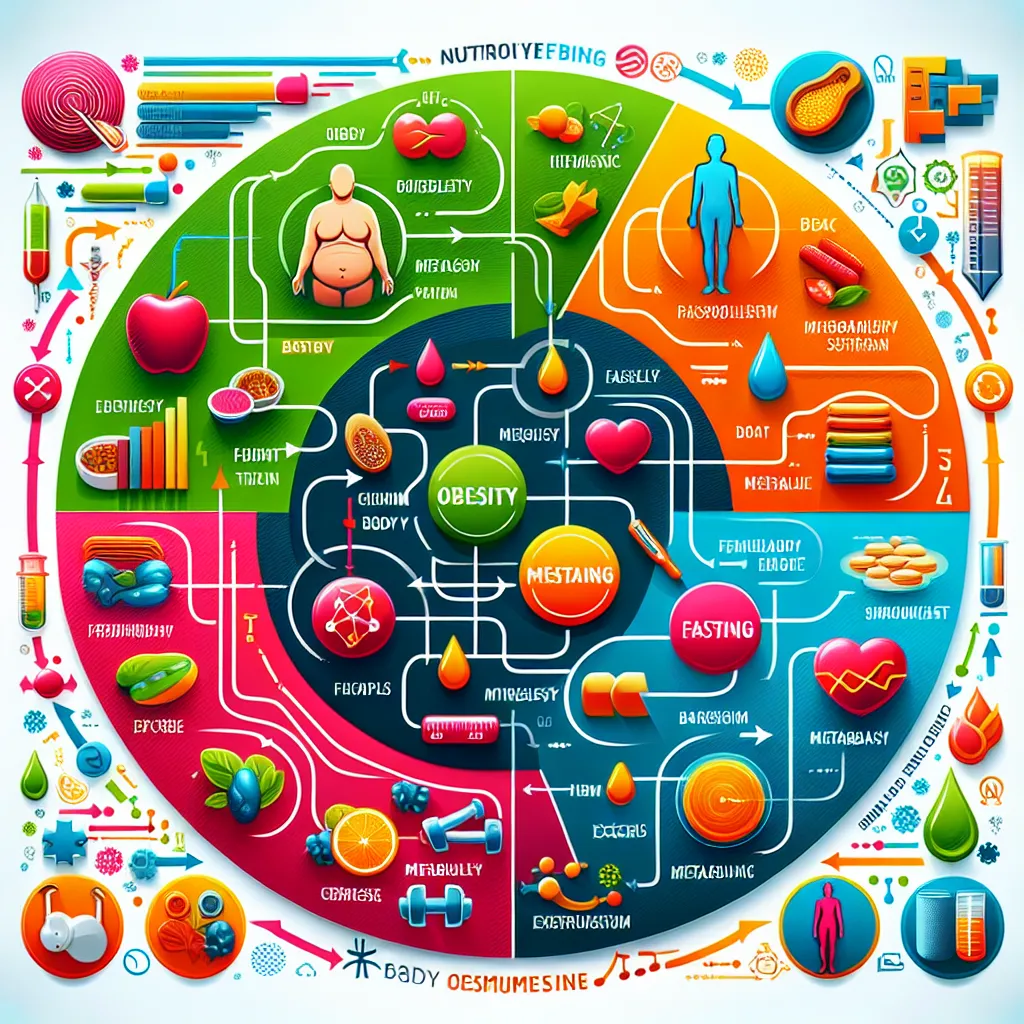Ask AI on The Internet
Question: What is a fad? Is losing 30 lbs. In a week a healthy way to live? List and describe the top 10 fad diets of 2024-24 -Give a brief description of each one and then choose your 2 faves to research in more depth. The diets you choose to research need to include: What does it claim to do for us? What types of food are you supposed to eat? What types of food are you supposed to avoid? Is this diet depriving our bodies of valuable vitamins and nutrients? What are they? What are the side effects? Is there a large cost? Subscription/membership? Is there a magic pill they want you to buy? What would a sample weekly grocery bill be like? Do you think this is a long-term realistic way to live? Why/why not?
### Understanding Fad Diets A fad diet is a weight loss plan or trend that promises quick results through unconventional, restrictive eating patterns. Such diets often gain quick popularity but lack long-term sustainability and are generally not backed by scientific evidence. While they can sometimes lead to initial weight loss, they are often unhealthy, hard to maintain, and may deprive the body of essential nutrients. Losing 30 lbs in a week is not a healthy approach to weight loss. Rapid weight loss can lead to significant health risks including nutrient deficiencies, muscle loss, metabolic slowdown, and other health complications. A sustainable and healthy weight loss goal is usually about 1-2 lbs per week, achieved through a balanced diet and regular exercise. ### Top 10 Fad Diets of 2023-2024 1. **Keto Diet** - **Description:** A high-fat, low-carb diet that forces the body into a state of ketosis, where it burns fat for fuel instead of carbohydrates. - **Research Pick:** Yes 2. **Paleo Diet** - **Description:** Focuses on consuming foods presumed to be available to humans during the Paleolithic era, such as meat, fish, fruits, vegetables, nuts, and seeds. 3. **Intermittent Fasting** - **Description:** Involves cycling between periods of eating and fasting, usually involving patterns like 16/8 (16 hours fasting, 8 hours eating). 4. **DASH Diet** - **Description:** Designed to prevent hypertension through a diet rich in fruits, vegetables, whole grains, and lean proteins while limiting sodium. 5. **Vegan Diet** - **Description:** Eliminates all animal products and focuses solely on plant-based foods. 6. **Zone Diet** - **Description:** Involves balancing macronutrients with a set ratio of 30% protein, 30% fat, and 40% carbohydrate in each meal. 7. **Atkins Diet** - **Description:** A low-carbohydrate diet designed to switch the body’s metabolism from burning glucose to burning stored fat. 8. **Dukan Diet** - **Description:** A high-protein, low-carb diet with several phases aimed at maintaining long-term weight loss. 9. **South Beach Diet** - **Description:** Focuses on consuming good carbs and fats, emphasizing lean proteins, and non-starchy vegetables. 10. **Whole30** - **Description:** A 30-day diet that eliminates sugar, alcohol, grains, legumes, soy, and dairy to reset the body’s metabolism and eliminate cravings. ### Deep Dive into Selected Fad Diets #### 1. **Keto Diet** **Claim:** - Aims to quickly burn fat by entering a state of ketosis. **Foods to Eat:** - High in fats (avocado, oils, nuts), moderate in protein (meat, fish, eggs), very low in carbs (leafy greens, non-starchy vegetables). **Foods to Avoid:** - High-carbohydrate foods, including grains, fruits, starchy vegetables, and sugar. **Nutritional Deprivation:** - May lack certain vitamins and minerals such as magnesium, potassium, and vitamins B and C, leading to the need for supplements. **Side Effects:** - Keto flu, constipation, nutrient deficiencies, increased cholesterol levels, and potential kidney strain. **Cost:** - May be moderate to high given the emphasis on animal proteins and certain high-fat foods. **Magic Pill:** - Some supplements are marketed to aid ketosis, but they are often not necessary. **Sample Weekly Grocery Bill:** - Potentially expensive depending on the quality and type of fats and proteins selected. **Realistic Long-term?** - Difficult to maintain due to its restrictive nature and possible long-term health impacts. #### 2. **Paleo Diet** **Claim:** - Promotes a return to the diet of our ancestors to improve health and reduce the risk of modern diseases. **Foods to Eat:** - Lean meats, fish, fruits, vegetables, nuts, and seeds. **Foods to Avoid:** - Processed foods, sugars, dairy, grains, legumes, and refined oils. **Nutritional Deprivation:** - Possible deficiencies in calcium, vitamin D, and fiber due to the exclusion of dairy and grains. **Side Effects:** - Digestive issues, changes in blood lipid levels, possible overconsumption of saturated fats. **Cost:** - Generally high due to the emphasis on organic and grass-fed meat along with fresh produce. **Magic Pill:** - No pills, but various Paleo-centric supplements and snacks are marketed. **Sample Weekly Grocery Bill:** - Could be considerably higher due to the focus on high-quality meats and organic produce. **Realistic Long-term?** - Potentially sustainable if balanced, but may require careful planning to avoid nutrient shortfalls. ### Conclusion * **Keto Diet**: Highly restrictive and typically not sustainable long-term due to significant dietary limitations and possible health risks. * **Paleo Diet**: While more balanced and whole-food based, can be expensive and may require supplementation to ensure nutrient adequacy. Both diets have their proponents and can work for some people, but for long-term health and sustainability, a diet balanced in various nutrients and inclusive of a wide range of food groups is generally recommended. Always consult with healthcare professionals before starting any new diet regimen.
Think your answer is better than the AI's? Post it below.
Other Most Relevant Posts:
 Navigating Nutrition: Exploring Benefits of a Balanced Diet Over Supplements and Essential Nutrients for Optimal Health
Navigating Nutrition: Exploring Benefits of a Balanced Diet Over Supplements and Essential Nutrients for Optimal Health
Question Tags
If you want your question answered by an AI, click here.






Post your own comment: